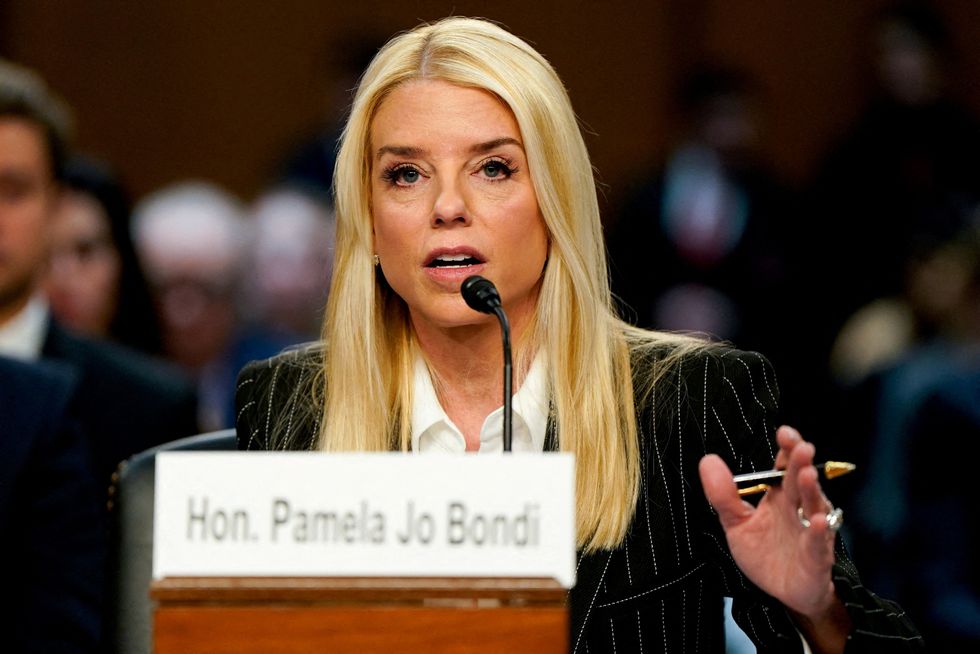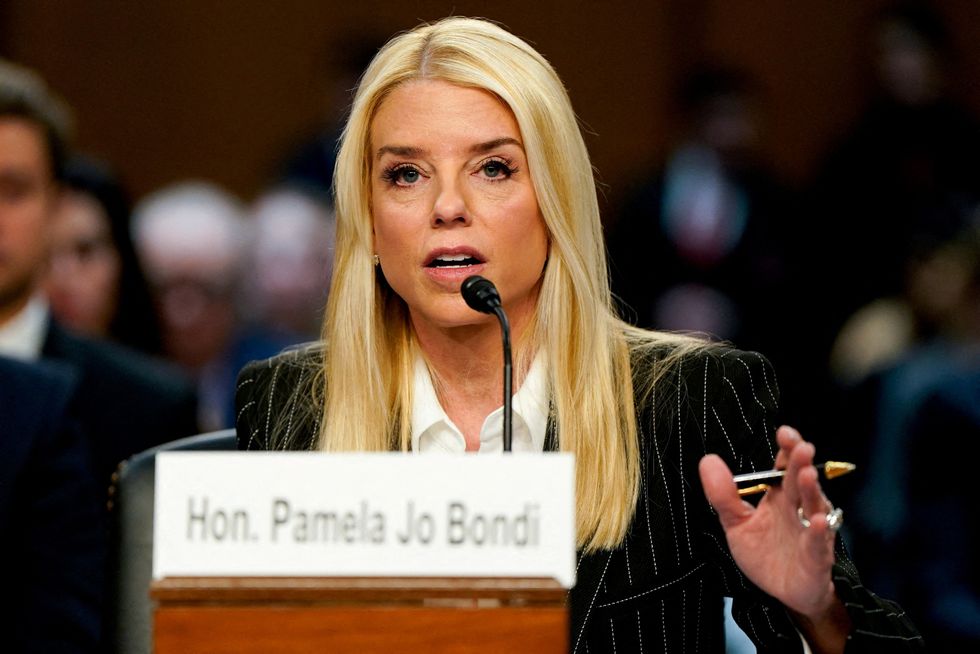
Sweden and Finland are advocating for a relaxation of the European Union’s emissions targets, citing economic risks tied to reduced tree growth in their forests. According to a report from Arctic Today, both nations argue that adhering to stringent EU climate goals could have severe economic implications, particularly regarding their forest industries, which are vital for wood product exports.
The European Union has set ambitious plans to achieve net zero emissions by 2050. As part of these plans, Sweden and Finland are expected to enhance the carbon dioxide absorption capacity of their forests. Yet, both countries have expressed concerns that they are likely to miss the EU’s Land Use, Land-Use Change and Forestry (LULUCF) targets for the periods of 2021-2025 and 2026-2030.
Ulf Kristersson, the Prime Minister of Sweden, emphasized the need for a more flexible approach to compliance in a post on X on September 15, 2023. He stated, “The EU’s current framework for forest use… is a major problem and, if not revised, would lead to unreasonable and unjustified restrictions on Swedish forestry.” Kristersson further argued that imposing significant restrictions on Nordic forestry would be counterproductive.
Economic Impact of Climate Policies
Forests are crucial to both Sweden and Finland, covering approximately 70% of their land. The wood product sector is a significant contributor to their economies, accounting for over 10% of Sweden’s exports and nearly 20% of Finland’s. The sector employs more than 200,000 people across both nations, highlighting its importance not just environmentally but also economically.
Both countries attribute some of the challenges they face to climate change, which has impacted tree growth rates. Additionally, the ongoing conflict in Ukraine has heightened demand for wood products, complicating their ability to meet EU targets without detrimental economic effects.
Sweden and Finland are urging the European Union to reconsider its current framework to better accommodate the realities of forest management and carbon absorption. As they continue to navigate these discussions, the balance between environmental responsibilities and economic sustainability remains a critical point of contention.






